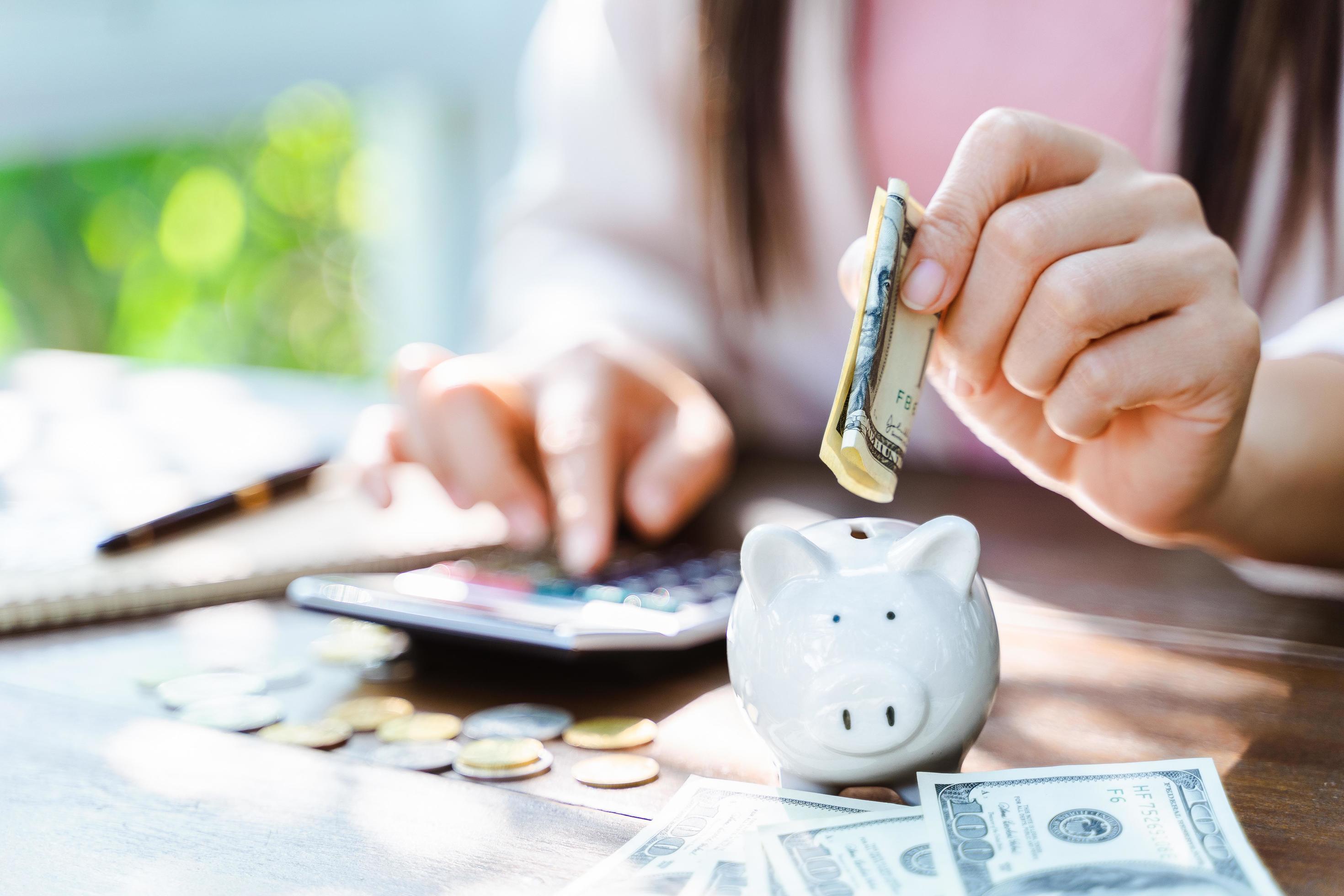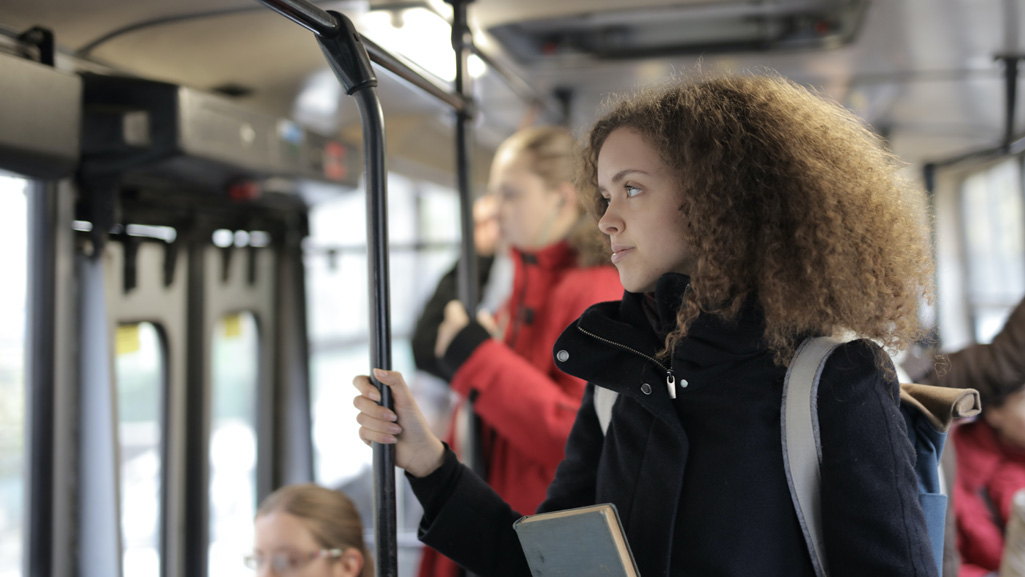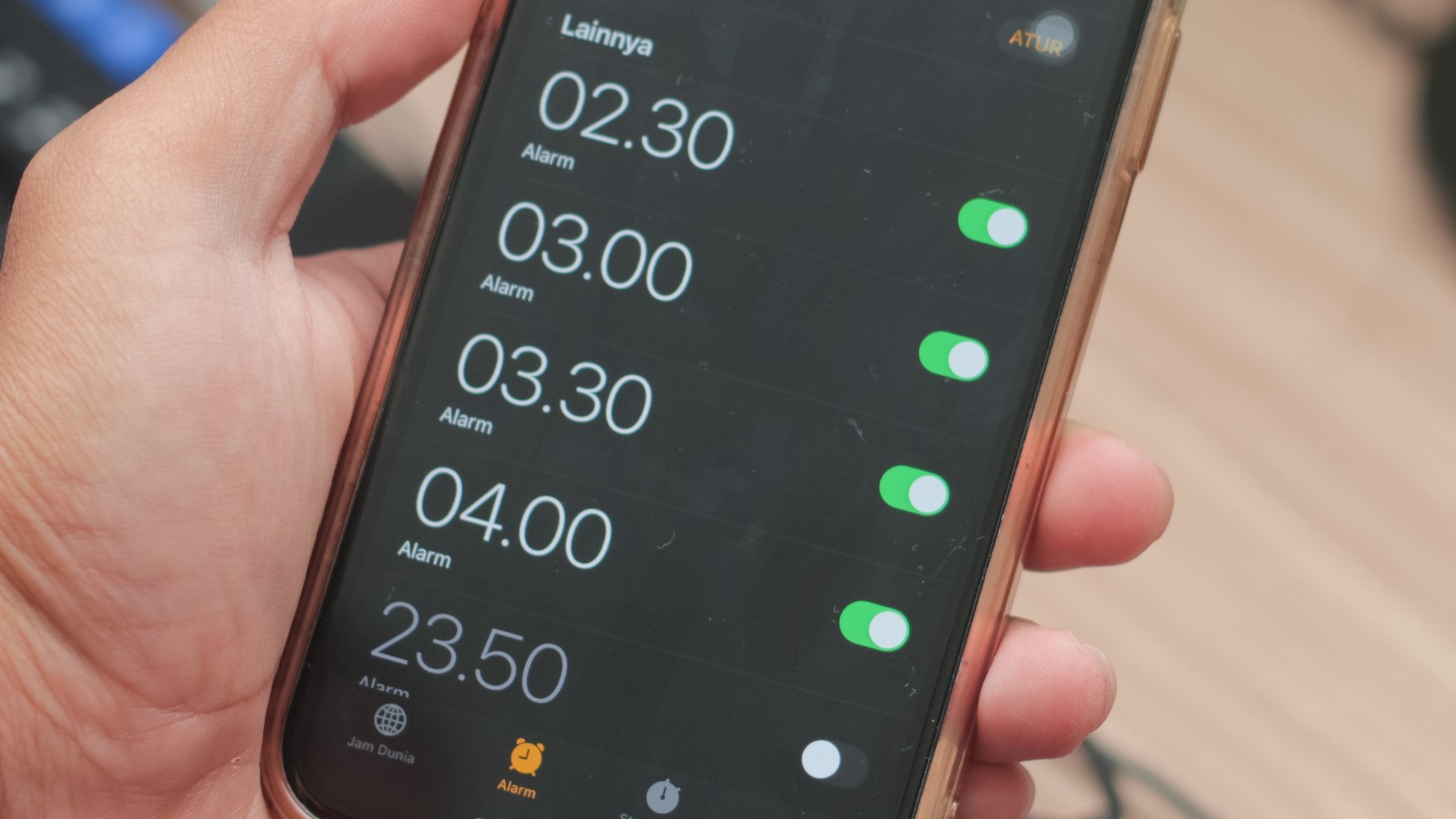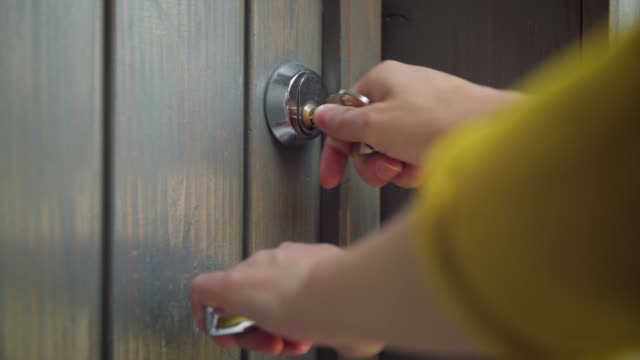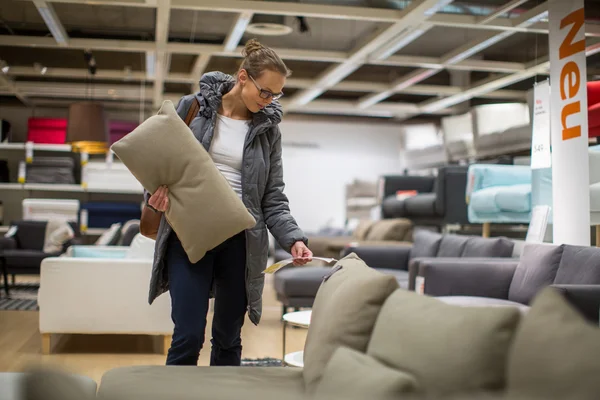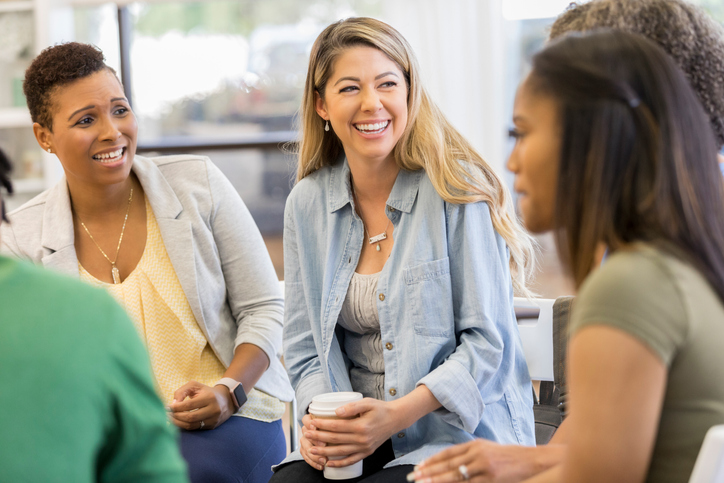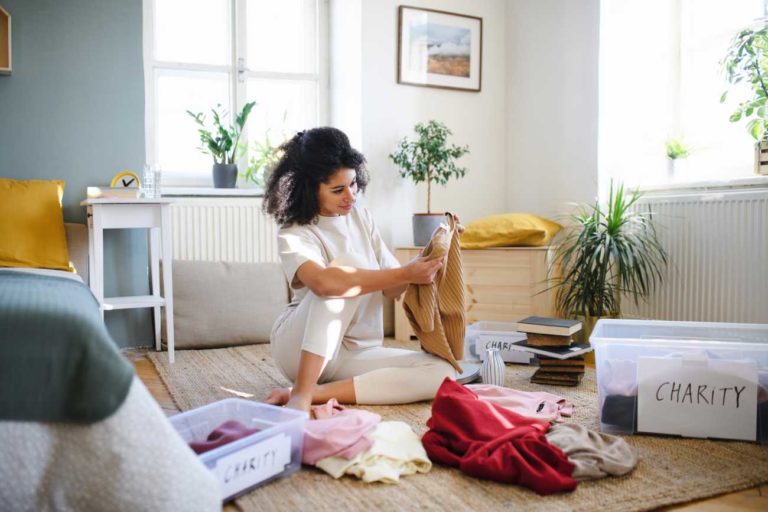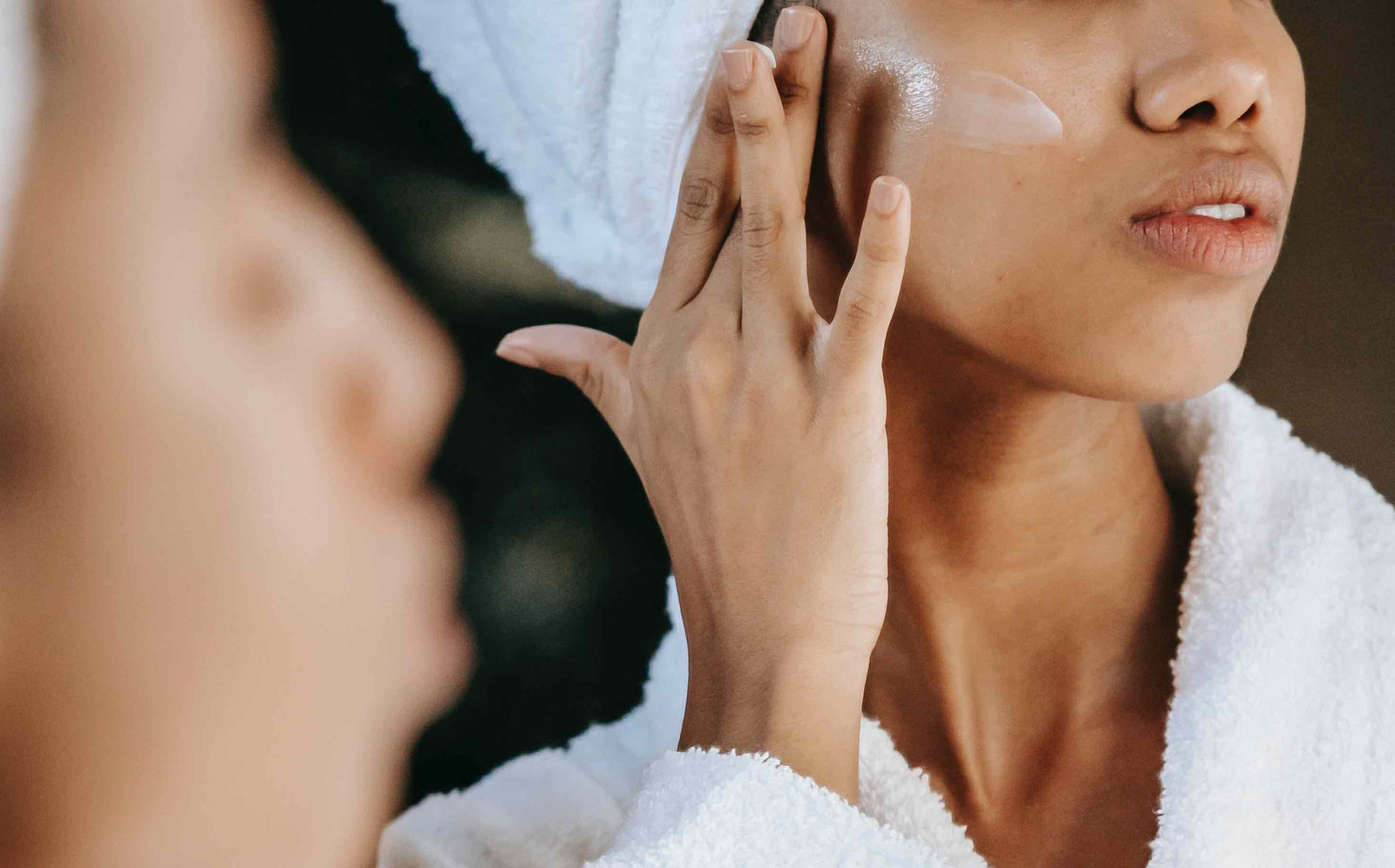How to live alone as a woman
With 30 tips explained
living alone can be hard when you need to coordinate the living with the studying, and sometimes finding the balance between them is harder than it seems, even harder if you don't know the basics.
That's why I decided to write about tips for living alone, I hope this article will be useful to you, and thank you for reading.
1- Create and plan a detailed budget, that includes your monthly expenses such as housing, transportation, food, and materials that you may need for university (depending on your classes) also save some money for emergencies.
Creating a detailed budget ensures a clear financial plan, covering essentials without overspending. Emergency funds reduce stress and aid short and long-term financial goals.
2- Research the cost of living in your new location and adjust to it; naturally, housing near a campus will be more expensive, so choose a location that fits your budget.
Researching local costs is vital for financial stability, guiding wise housing choices, reducing expenses, and enabling focused studies without financial stress.
3- Use the safest transportation systems in your area or get a vehicle if necessary.
For us women, using safe transport or a vehicle enhances personal safety and control, offering peace of mind.
4- Learn to take care of your personal belongings; always keep your documents and some money on hand, and don't forget your things in crowded places.
Learning how to care for your personal belongings ensures safety, preparedness, and minimizes the risk of loss or theft in crowded spaces.
5- Set reminders for medications, sleeping, drinking water, along with an alarm for waking up.
Setting reminders for meds, sleep, water, and wake-ups is vital for a healthy routine, ensuring timeliness, rest, hydration, and productivity.
6- Make sure your new home has quality locks, keep a spare key for emergencies. You can change the locks if it makes you feel safer since someone else might have a copy of the key from the previous lock.
Quality locks and spare keys create home security. Changing locks enhances safety when concerned about previous key copies.
7- Always keep doors and windows closed when you're not at home; install curtains and close them when leaving and during the night.
Keeping doors and windows closed when you're away helps you feel at ease, while closed curtains offer privacy and deter potential intruders.
8- Learn how to do the self-Heimlich maneuver in case you choke accidentally when you are alone.
Learning the self-Heimlich maneuver is crucial in case of accidental choking when alone. It can save your life in an emergency.
9- When showering, bring your phone into the bathroom with you in case you slip so you can reach it easily.
Bringing your phone into the bathroom while showering is a safety measure in case you slip or encounter an emergency, allowing you to call for help promptly.
10- Buy essential furniture and appliances gradually; don't try to furnish everything at once, and you can find inexpensive furniture in second-hand stores.
Gradually buying essential furniture and appliances is cost-effective, avoiding the strain of furnishing everything at once. Second-hand stores provide budget-friendly options.
11- Keep your wardrobe essential: a few pairs of socks, shoes, underwear, tops, pants, and coats that you can match in different ways so you don't need to buy more.
A minimalist wardrobe with essential clothing items enables versatile outfits, saving money by reducing the need for frequent clothing purchases.
12- Consider buying multi-functional furniture to save space and money.
Multi-functional furniture saves space and money by serving multiple purposes, minimizing the need for extra furnishings.
13- Add personal touches to make your new space feel like home, such as cups in your favorite color, pictures, and plants.
Adding personal touches, like your favorite colored cups, photos, and plants, makes your new space feel like home, creating a comforting and welcoming environment.
14- Get to know your neighbors and build friendly relationships; stay informed about neighborhood issues to learn more about the area, and know whom to watch out for.
Building neighborly relationships creates a sense of community, fosters local awareness, and enhances safety and comfort.
15- Research if there are women's groups in your area that gather for social or support activities; it's always useful to have a group that looks out for you.
Researching local women's groups for social and support activities is beneficial, as it provides a supportive community that can provide you well-being and security.
16- Learn self-defense techniques if it makes you feel safer; carry an item that can help you in dangerous situations (whistle, pepper spray).
Self-defense skills and carrying safety items like a whistle or pepper spray provide personal security and peace of mind in danger.
17- Don't share your exact location on social media, and for added security, don't share photos of your home, inside or outside, as anyone can use that information to try breaking in.
Avoid sharing location and home photos on social media to safeguard your privacy and home security, preventing potential intrusions.
18- Learn to cook simple and healthy dishes; store what you don't eat in the fridge to prevent it from going bad and use it later.
Cooking simple, healthy meals saves money and improves nutrition. Fridge storage of leftovers reduces food waste and offers convenient future meals.
19- If you're cooking for yourself, make sure the recipe you're following has a small portion size.
Cooking small-portion recipes when you're cooking for one person reduces waste and ensures the right serving size.
20- Make a shopping list and keep a food inventory; separate foods based on whether they need refrigeration like eggs, meat and vegetables, or storage cabinets like dry pasta, rice, and canned food.
A shopping list and food inventory save you money and streamline grocery shopping by categorizing items for storage.
21- Pay attention and keep track of items approaching their expiration dates.
Monitoring items nearing their expiration dates minimizes food waste and helps you use products before they go bad.
22- Familiarize yourself with the transportation system in your area, including schedules and routes.
Getting to know the local transportation system, including schedules and routes, boost your mobility and reduces travel-related stress.
23- Consider learning to drive if you haven't already.
Learning to drive, if you haven't already, grants you personal freedom, increased mobility, and independence in your daily life.
24- Learn basic home repair and maintenance skills; establish a weekly routine, such as sweeping on mondays and taking out the trash on fridays, and repeat until it becomes a habit.
Learning home repair and maintenance skills empowers you to handle common issues. A weekly cleaning routine forms habits for a well-kept home.
25- Keep your home clean and organized so you don't lose things; place your backpack and other items you'll use for university in a visible spot to save time searching for them.
A tidy home prevents item loss. Store university essentials visibly for quick access.
26- Make your bed every morning; trust me, it will help you feel better when you return later.
Making your bed each morning lifts your mood when you return home.
27- Maintain a balanced diet and a healthy lifestyle, don’t let laziness choose bad food for you.
Prioritize a balanced diet and a healthy lifestyle; avoid letting laziness dictate poor food choices.
28- Practice self-care regularly, such as meditation, exercise, taking relaxing baths, and skincare.
Regular self-care, including meditation, exercise, baths, and skincare, promotes overall well-being.
29- Dedicate time to activities you enjoy and find relaxing; you can also look for people who share your interests and do activities together.
Allocate time to enjoyable and relaxing activities. Connect with like-minded individuals to share interests and engage in joint activities.
30- Don't hesitate to seek therapeutic support if you need it, mental health is just as important as physical health.
By recognizing the importance of mental health and seeking help when needed, you're taking a proactive step to ensure your well-being.
© 2023 Inga Velazquez
22/10/2023 Asunción - Paraguay


